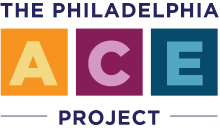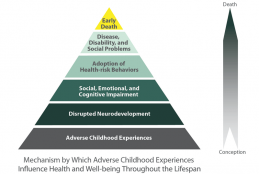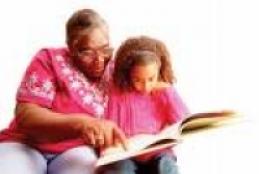Resources
Whether you are a professional, represent a community, or are an individual, resources on Resilience tools and on understanding the impact of Adversity and Trauma, help us all to find ways to look through the lense of "what happened" instead of "what's wrong with you"? Here are a selection for you.





